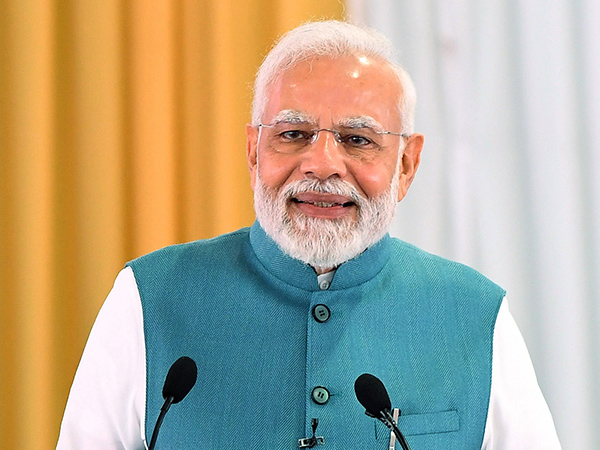Leaders of Pacific nations relish Indian delicacies, millets at lunch hosted by PM Modi
Modi is the first Indian prime minister to visit Papua New Guinea.The lunch included Khandvi, Millet and Vegetable Soup, Malai Kofta, Rajasthani Ragi Gatta Curry, Dal Panchmel, Millet Biryani, Nannu Fulka and Masala Chaas.Paan Kulfi and Malpua were served as desserts.Drinks included Masala Tea, Green Tea, Mint Tea and freshly brewed PNG coffee.The inclusion of millet in the menu reflects the importance India gives to these small-seeded foods.The UN General Assembly in March 2021 declared 2023 as the International Year of Millets at the behest of the Government of India.Millets are one of the oldest foods known to mankind.

Indian cuisine and millets found a prominent place at the lunch hosted by Prime Minister Narendra Modi for leaders attending the 3rd Summit of the Forum for India-Pacific Islands Cooperation here on Monday.
Modi along with his Papua New Guinea counterpart James Marape hosted the key summit here. Modi is the first Indian prime minister to visit Papua New Guinea.
The lunch included Khandvi, Millet and Vegetable Soup, Malai Kofta, Rajasthani Ragi Gatta Curry, Dal Panchmel, Millet Biryani, Nannu Fulka and Masala Chaas.
Paan Kulfi and Malpua were served as desserts.
Drinks included Masala Tea, Green Tea, Mint Tea and freshly brewed PNG coffee.
The inclusion of millet in the menu reflects the importance India gives to these small-seeded foods.
The UN General Assembly in March 2021 declared 2023 as the International Year of Millets at the behest of the Government of India.
Millets are one of the oldest foods known to mankind. Small-seeded and hardy, these crops can grow on arid lands with minimal inputs and are resilient to changes in climate. They are, therefore, an ideal solution for countries to increase self-sufficiency and reduce reliance on imported cereal grain.
Millets, which are rich in proteins, antioxidants, minerals and other nutrients, help to lower blood sugar and cholesterol levels. The types of millets commonly grown in India include Jowar (Sorghum), Bajra (pearl millet), Ragi (finger millet), Jhangora (barnyard millet), Barri (proso or common millet), Kangni (foxtail millet) and Kodra (kodo millet).
Due to their short growing season, millets can develop from seeds to ready-to-harvest crops in short periods. If stored properly, millets can keep well for two years or beyond.
(This story has not been edited by Devdiscourse staff and is auto-generated from a syndicated feed.)
ALSO READ
Govt eliminating barriers to use of overseas building products
Japanese drivers try to break through in Formula 1 but face linguistic and geographical barriers
Driver killed as car crashes into running train after breaking rail crossing barrier in MP
Barring Virat, batters struggling for form and confidence: Andy Flower
Researchers identify 6 barriers to home physiotherapy










